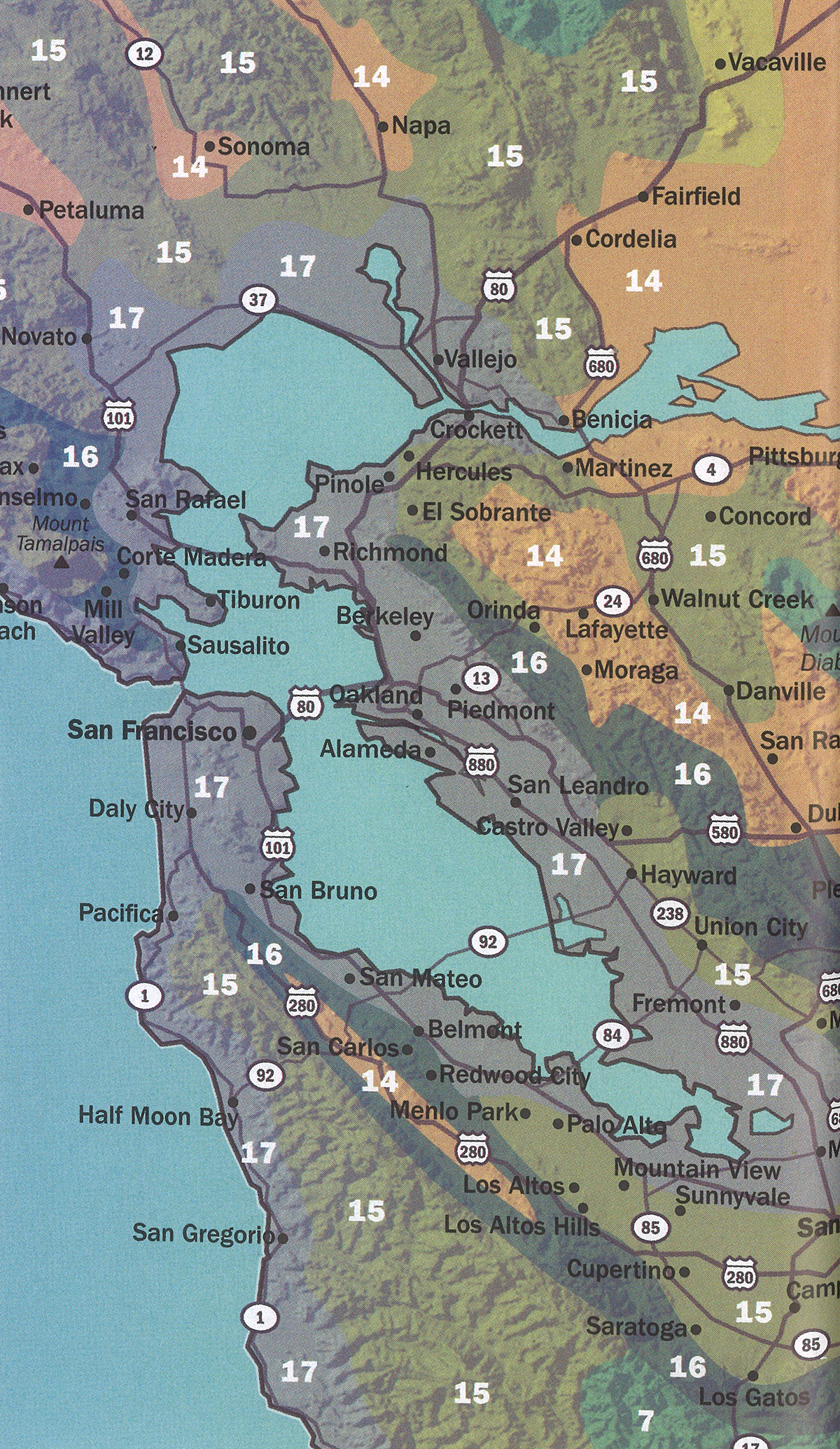




| height | 3–5ft | |
| width | 3–6ft | |
| tolerates | Coast, Cool Summers, Drought, Fog, Pots, Wind | |
| water needs |
Low | |
| water info |
Many leucospermums are from Mediterranean climates of South Africa, so they adapt well to California, particularly along the coast. They appreciate good drainage, but they’re somewhat adaptable to heavier soil as long as they’re in a sunny spot and watering is infrequent (once established). Leucospermums will grow and look their best when watered deeply every other week to once a month during summer. With sharp drainage, they will tolerate even more water. | |
| hardy to |
27F | |
| exposure | Part Sun – Full Sun | |
| indoor outdoor |
Outdoor | |
| drainage | In Ground: Cactus Mix, In Pots: Cactus Mix, Tolerates Sandy Soil | |
| fertilizing | Bloodmeal, Fish Emulsion, Low Needs, No Phosphorus | |
| origin | Hybrid, South Africa | |
| sunset zones |
15–17, 19–24 |
Full Sun
Six or more hours of sun beams directly landing on the plant's leaves.
Part Shade
Three to five hours of sun beams directly landing on the plant's leaves.
Part Sun
One to two hours of sun beams directly landing on the plants leaves.
Full Shade
The plant is never fully lit by sun beams,
but is in a bright spot or has dappled sunbeams playing over the leaves throughout the day.
Deep Shade
The plant never has dappled light on the leaves, and is in a place that feels dim, even on a nice sunny day.
